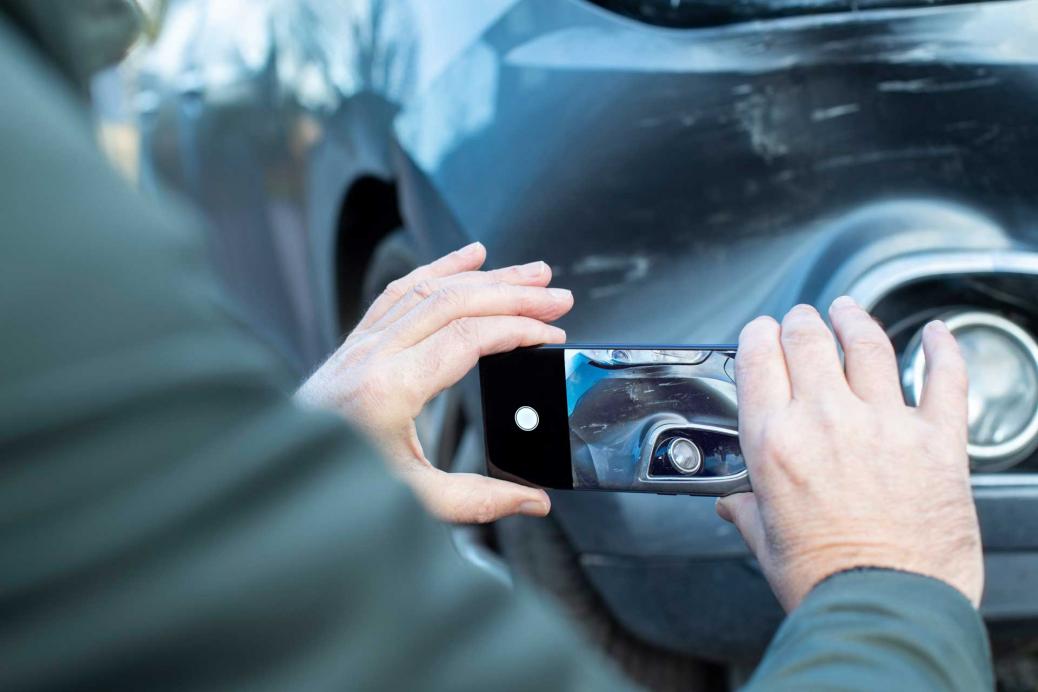0 items - £0.00
No products in the basket.

Car accidents may happen at any time, no matter how careful or responsible you are when driving. Such accidents are more stressful when you’re driving a work vehicle, because it’s not a car you own.
Some people who get involved in work vehicle accidents are often stunned by the incident. As a result, they’re unable to think clearly, and they don’t have any idea what to do next. What’s the right thing to do after an accident that involves a work vehicle?
This article discusses the steps you can take if you get caught up in a work vehicle accident.
Nothing is more important than the occupants’ safety—that of yourself as well as of the people riding the vehicle. Before anything else, you need to assess the well-being of the people involved in the accident. If there are injured individuals, call 911 right away and seek medical treatment.
In case you’re severely injured, try not to panic. The people who may have witnessed the accident can call for an ambulance. Don’t push yourself to stand up if you can’t, especially because you might end up hurting yourself even more. This is especially true if you get involved in serious accidents, such as a vehicle rollover case.
If you’re not hurt badly, be sure to contact your company immediately and tell them that you and their vehicle were involved in an accident. You can also contact the insurance agent of your company while you are at the scene. In fact, this will help you give information they might ask for regarding the property damage, location of the accident, and other necessary details.
As with most incidents that could be covered by insurance, taking pictures is very important when it comes to company car accidents. If you’re able and if it’s safe to do so, make sure to take photos before moving the cars involved. Pictures are helpful for possible legal proceedings, as well as for insurance purposes. They can even help you remember what really happened during the incident, as information tends to become ambiguous over time.
Also, keep in mind that the other drivers involved may want to make your company liable for the accident, just to get monetary compensation. Thus, it’s crucial to have proper documentation to protect yourself and your employer. Remember, if the accident isn’t your fault, you need enough evidence to prove it.
While it’s crucial to report car collisions, unfortunately, in some places, the police might not respond, especially if it is only a minor accident. Nevertheless, if a police officer arrives, be sure to get the name, contact information, and badge number of the officer. You should also get a copy of the report from them. In case no police officer shows up at the scene of the accident, you can request a copy from the law enforcement officers and the insurance adjuster who handles your claim.
When the police officers arrive at the scene of the accident, be sure to tell them exactly what happened, to the best of your ability. If you’re not sure about some of the facts, tell the truth and don’t make false stories just to cover it up. Don’t risk misstating or guessing any of the facts. For example, if they ask if you’re injured and you’re not sure, don’t say yes or no right away. It’s best to be honest and say you’re not sure.
In addition, you need to make sure that the statements made by the other parties involved are accurate, or you might end up paying for the consequences even though you’re the victim.
After reporting the accident to the police, don’t forget to give your information to the other drivers involved, and make sure you get their information as well. Some of the details you should get are contact information, full name, vehicle type and color, license plate number, and driver’s license.
You should also avoid talking about who is at fault, as it could worsen the incident. It is up to the police officer, law enforcement officials, insurance adjuster, and company to point out who is liable for the incident, based on the vehicle damage and information provided by you and the other drivers involved. Supporting photos and police reports of the scene could also help determine who is at fault.
Car accidents of any kind can leave long-lasting effects that may follow you even after the initial collision. Thus, it’s crucial that you take the right measures immediately after the accident to protect your rights, as well as your company.

Development Office, Unit 211 East London Works, London, E1 1DU
© 2017 3Dom Wraps | Terms & Conditions | Privacy
Created with love @ 